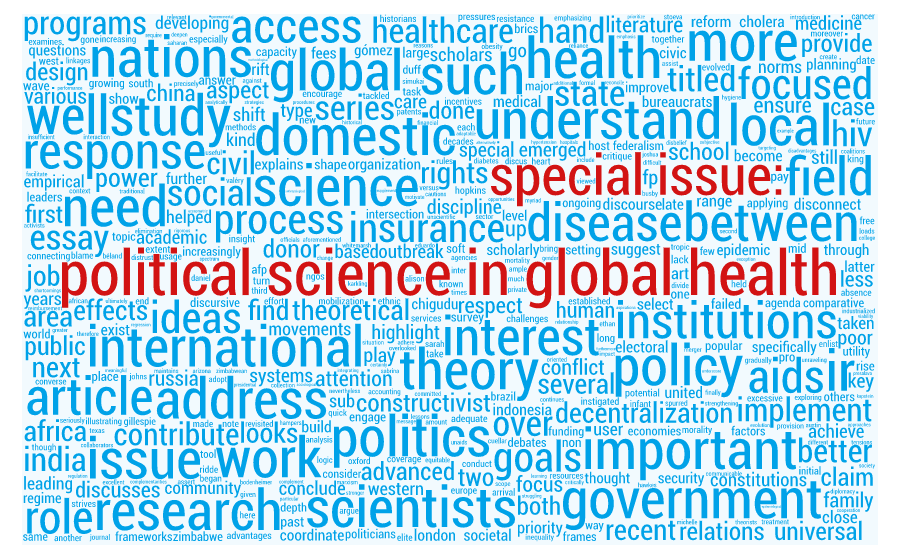By Joshua W Busby and Ethan B Kapstein
Framing is a central mechanism in the social movements literature. Human rights frames are thought to be an especially potent form of rhetorical communication because human rights are thought to trump other objectives. However, the proliferation of rights-based claims could potentially be counter-productive if overused, as rights may come in to conflict or devalue the concept. Advocates have sought to frame a variety of global health concerns as human rights, but the rights discourse is more contested for social and economic rights than it is for civil and political rights. There has been some research suggesting that efforts to frame access to antiretroviral AIDS drugs as a human right were successful. However, it remains an open question the extent to which a human rights frame is more persuasive than normative, moral rhetoric and whether a human rights frame, when applied to global health issues, resonates equally in different national contexts. This article provides an overview of arguments for and against the potential utility of a human rights frame as an advocacy strategy in access to health campaigns. The article also provides some preliminary experimental evidence from several surveys from the United States and India, in which access to medicines campaigns framed in moral terms were equally compelling as a campaign framed in terms of health as a human right.

